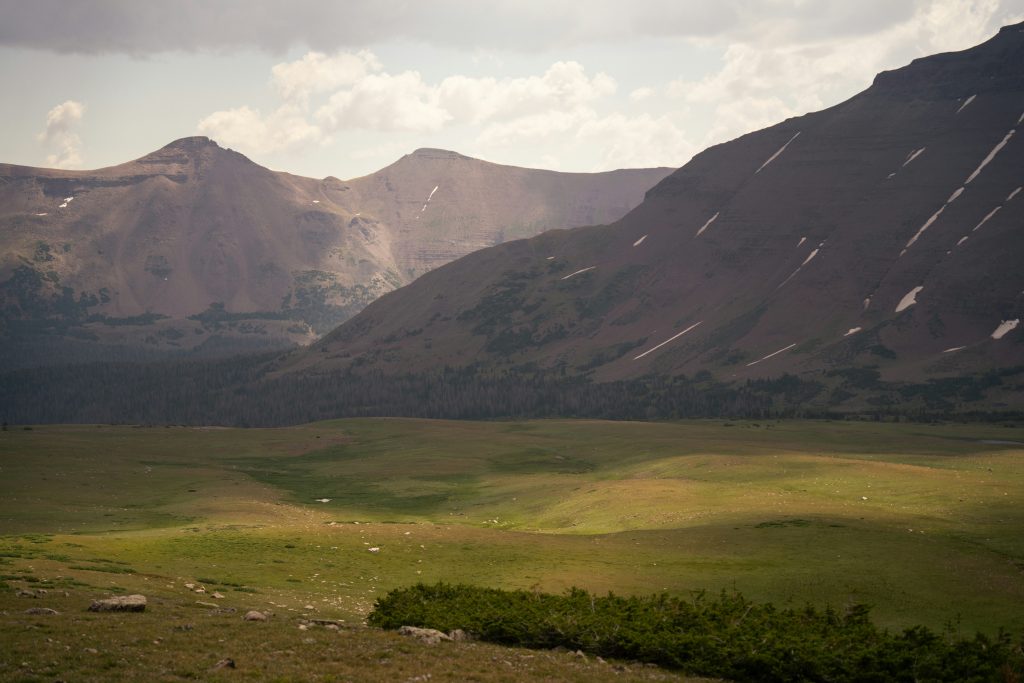Trump’s Wildfire Blame Game: A Political Firestorm Engulfs California
Devastating wildfires continue to rage across Los Angeles County, leaving a trail of destruction and raising critical questions about disaster response and political responsibility. The crisis has ignited a fiery political battle between President-elect Donald Trump and California Governor Gavin Newsom, with accusations and counter-accusations flying.
President-elect Trump has repeatedly blamed Governor Newsom for the wildfires, citing California’s water policies as the root cause. He even suggested a controversial solution: turning on “a very large faucet” to divert millions of gallons of water from the Columbia River to Los Angeles. These comments have been met with sharp criticism, with a spokesperson for Governor Newsom calling them “pure fiction” and accusing Trump of “playing politics” with a natural disaster.
Newsom’s Counteroffensive and the Reality of the Fires
Governor Newsom has fired back, directly addressing President-elect Trump’s statements. He highlighted the state’s ongoing efforts to improve wildland and forest resilience, acknowledging the significant challenges of managing wildfires in a climate-changed world. Independent reports underscore the role of fierce winds and extremely dry conditions in igniting and spreading the fires, emphasizing the complexities of the situation beyond political rhetoric.
The reality is far more nuanced than the simplistic blame game being played out in the media. While responsible water management is undeniably a significant factor in California’s overall vulnerability to wildfires, attributing these specific fires solely to Newsom’s policies is an oversimplification. The intense winds and exceptionally dry conditions are key contributors to the unprecedented scale of the disaster.
Beyond the Blame: The Urgent Need for Collaboration
The focus should now shift from political point-scoring to practical solutions and collaborative efforts to manage the ongoing crisis and mitigate future risks. Experts stress the urgent need for improved disaster preparedness, comprehensive land management strategies, and a coordinated approach to wildfire prevention and response. This transcends partisan divides and requires a unified front from all levels of government and community organizations.
President Biden’s briefing by California fire officials indicates a recognition of the gravity of the situation and the need for a coordinated federal response. This demonstrates a commitment to putting the needs of the affected communities first, in stark contrast to the partisan bickering from some political figures.
The California wildfires serve as a stark reminder of the devastating impact of climate change and the critical need for effective disaster management. Amidst the political fallout, the focus must remain on assisting those affected, ensuring their safety, and working together to build resilience against future threats. The political posturing needs to subside to allow effective collaborative work to alleviate the suffering of those affected by the wildfires.
The scale of the disaster demands a coordinated approach, leaving aside political maneuvering to focus on aid and recovery. The true test lies not in assigning blame, but in the effectiveness of the collective response to this devastating crisis. The coming days and weeks will be crucial in determining how effectively the response is managed and how the communities affected are supported in the long and difficult recovery process. This is not just about California; it’s about a shared responsibility to address the growing threat of wildfires in a changing climate. The long-term solutions require national and international cooperation, not partisan blame games.

